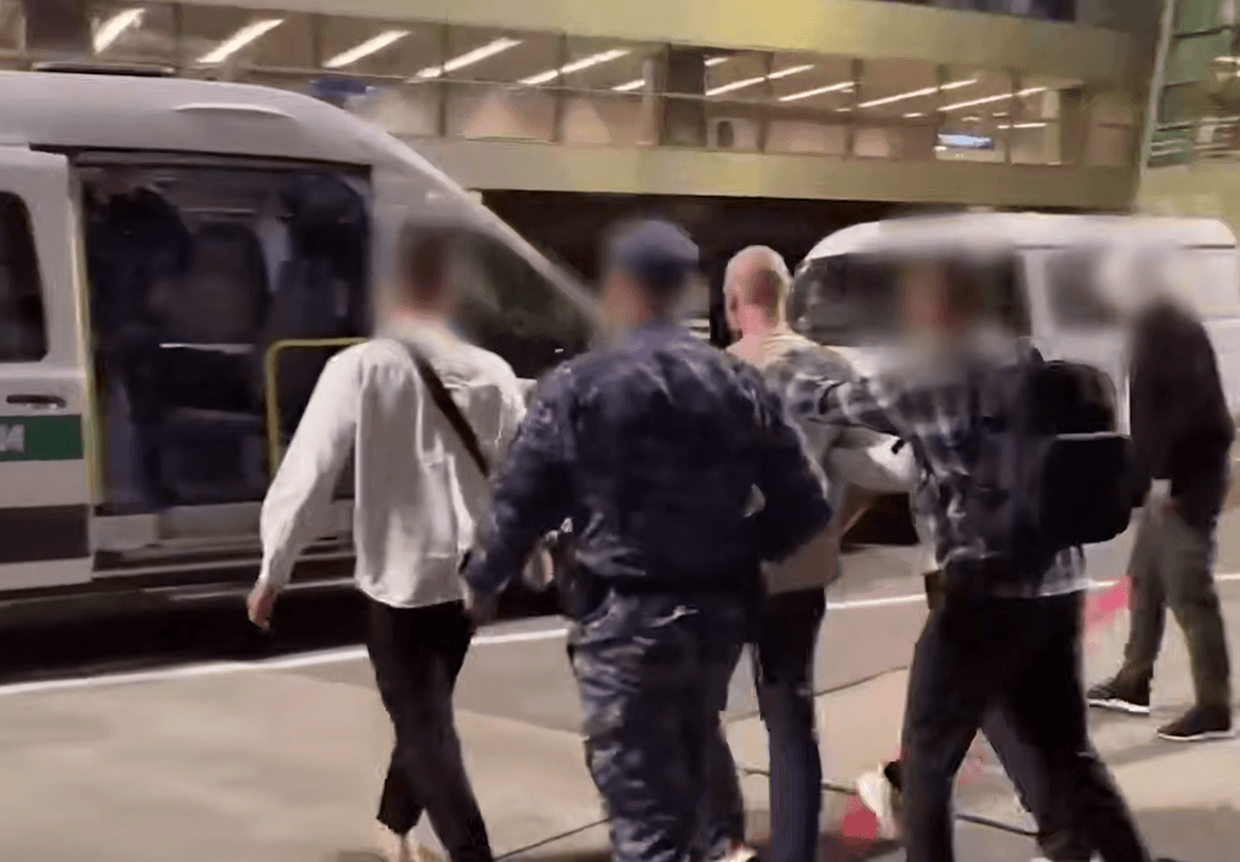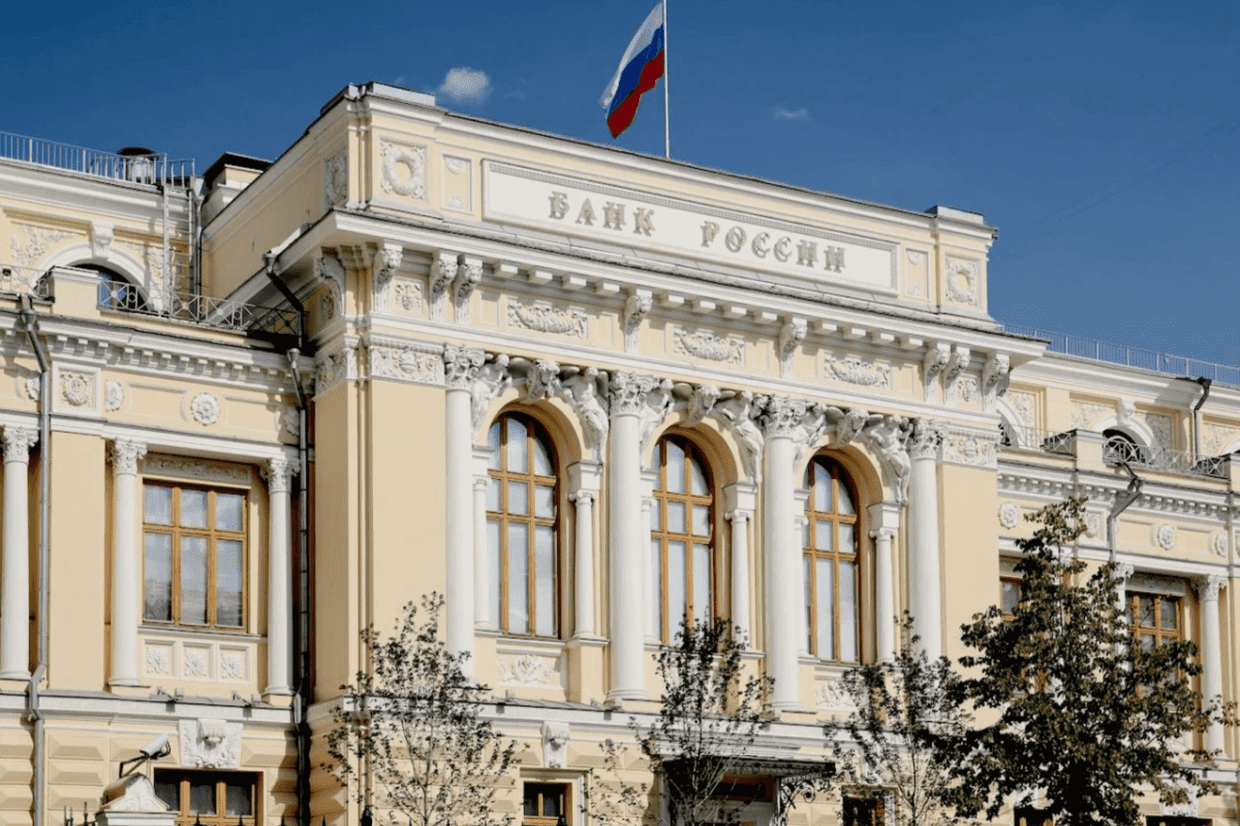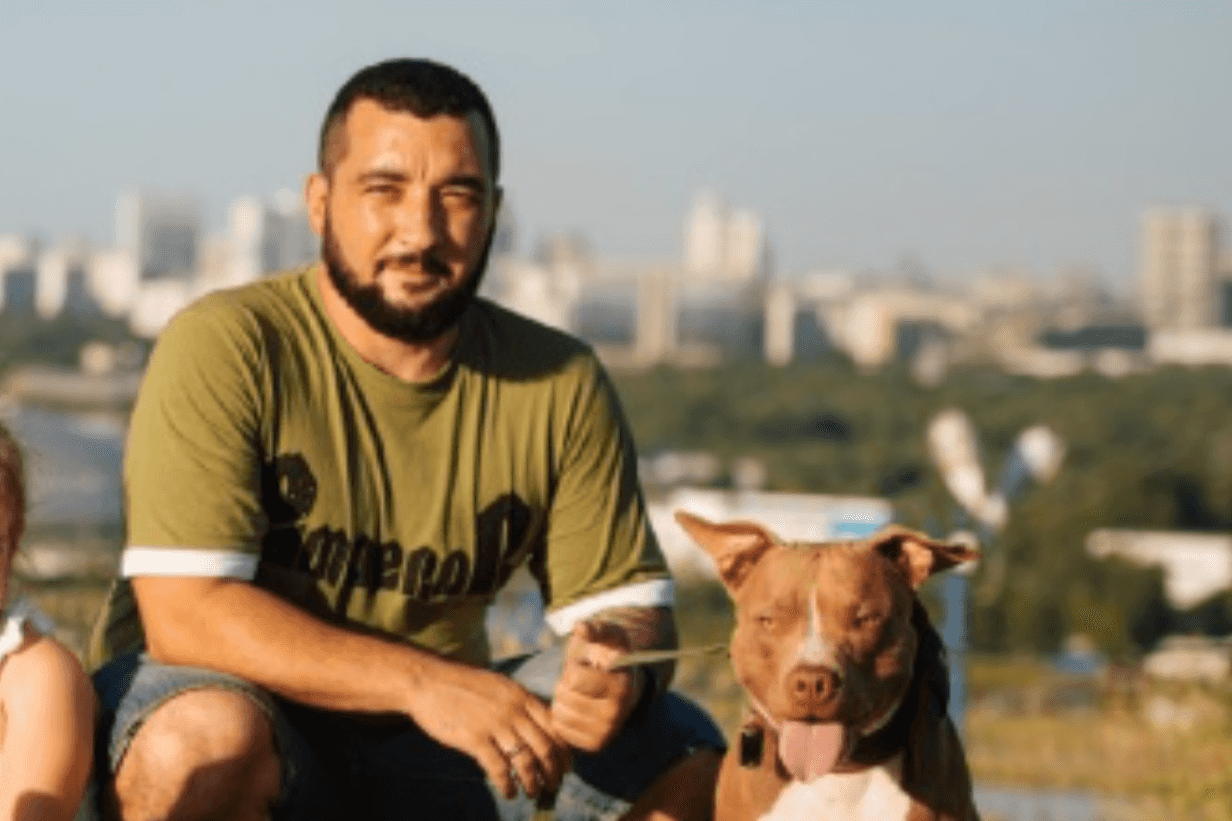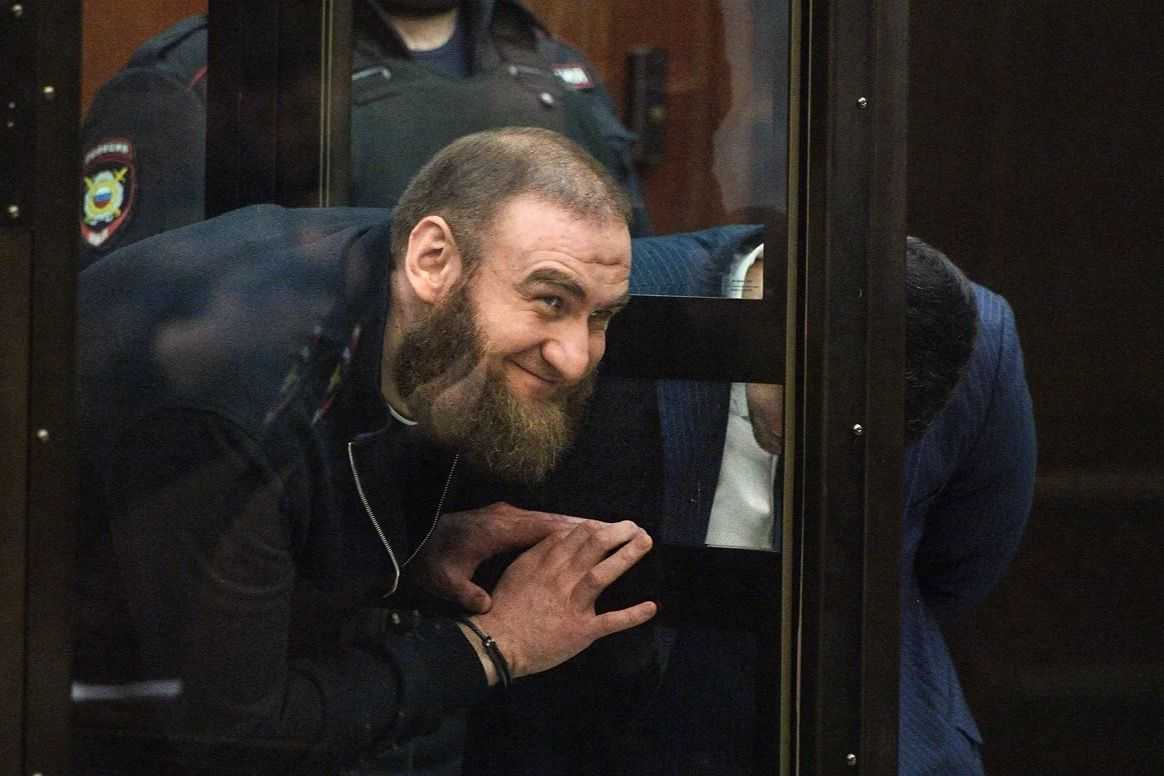France extradites Karachay–Cherkessia native to Russia for ‘joining the Islamic State in Syria’

France has handed over a Karachay–Cherkessia native to Russia, which accuses him of fighting for the Islamic State in Syria.
Russia’s Prosecutor General’s Office announced the extradition of 47-year-old Ruslan Botashev on Wednesday.
According to the register of terrorists and extremists by the Russian Federal Financial Monitoring Service (Rosfinmonitoring), Botashev was born in 1978, when his native village of Marukha — now part of the Zelenchuksky District of Karachay–Cherkessia — was part of neighbouring Stavropol Krai.
According to Russian investigators, Botashev underwent military training from November–December 2014 at the Muaskar Sabri militant camp in Syria, and in January 2015 joined an armed group under the Islamic State. The investigation claims that he guarded the group’s engineering units, planted explosives in underground tunnels in Aleppo, and defended the city from Syrian government troops until March 2015.
Russia opened a criminal case against Botashev in absentia on charges of ‘undertaking training for the purposes of carrying out terrorist activities’ and ‘participating in the activities of a terrorist organisation’. In March 2016, he was placed on an international wanted list, and Russian authorities have sought his extradition since.
In September 2018, Botashev was detained in France due to his placement on the wanted list. The Russian side submitted an extradition request soon after his arrest. However, according to the Russian Prosecutor General’s Office, the decision to extradite him was made by the French authorities only in July 2025. The agency stated that ‘after three years of evading joint efforts to combat crime, the competent authorities of France satisfied the request of the Prosecutor General’s Office’.
Botashev was transferred to Russia escorted by officers from Russia’s Penitentiary Service and the National Central Bureau of Interpol. He was then transported to Moscow via Turkey.
The penalties for undergoing training with a terrorist organisation in Russia range from 10–20 years in prison, as does the punishment for participating in the activities of a terrorist organisation. Given that the charges against Botashev relate to events almost a decade ago, the trial may involve examining the circumstances of his time in Syria and the nature of his involvement in the fighting.
According to the Prosecutor General’s Office, the criminal case will be sent to court once all investigative actions are completed. No trial date has been announced yet.
Botashev’s case is not unique. Across Europe, Russia regularly requests the extradition of individuals from North Caucasus republics accused of involvement in terrorist activities.
Human rights groups have repeatedly warned of the risks associated with extraditing such individuals to Russia. Amnesty International and Human Rights Watch have noted that in some cases, those returned to Russia have faced torture, ill-treatment, and violations of their right to a fair trial.
In some cases, extradition is cancelled following intervention by rights advocates. In 2022, Chechen native Amina Gerikhanova was detained in Romania on accusations by Russian authorities of having links with illegal armed groups. The European Court of Human Rights (ECHR) applied Rule 39, which requires urgent measures to be taken, halting the extradition, after which Gerikhanova was granted asylum.
In 2024, a French court refused to extradite Chechen resident Imran Albakov, citing a high risk of persecution and threats to his life if he returned to Russia.












